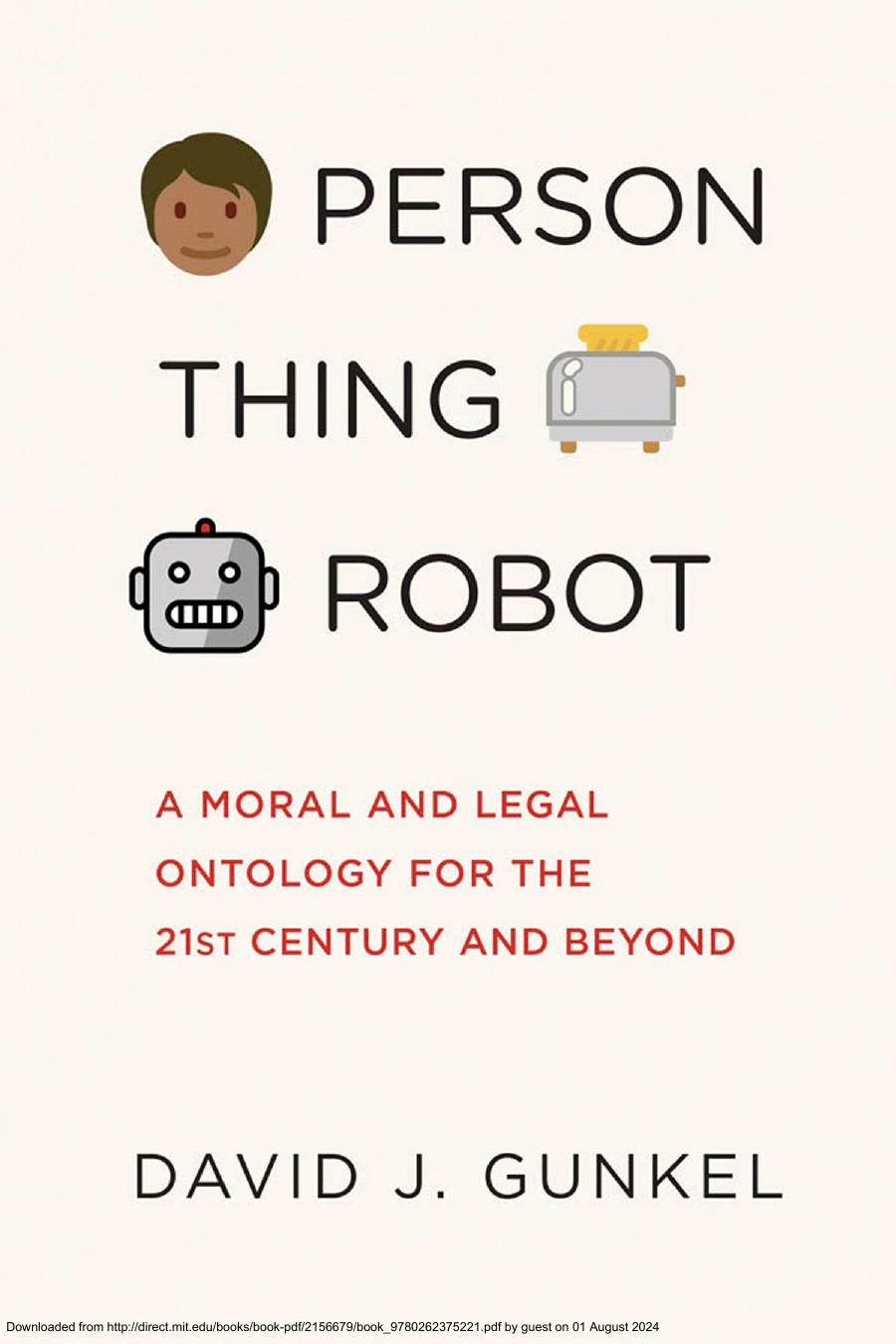

Most ebook files are in PDF format, so you can easily read them using various software such as Foxit Reader or directly on the Google Chrome browser.
Some ebook files are released by publishers in other formats such as .awz, .mobi, .epub, .fb2, etc. You may need to install specific software to read these formats on mobile/PC, such as Calibre.
Please read the tutorial at this link: https://ebookbell.com/faq
We offer FREE conversion to the popular formats you request; however, this may take some time. Therefore, right after payment, please email us, and we will try to provide the service as quickly as possible.
For some exceptional file formats or broken links (if any), please refrain from opening any disputes. Instead, email us first, and we will try to assist within a maximum of 6 hours.
EbookBell Team

5.0
68 reviewsRobots are a curious sort of thing. On the one hand, they are technological artifacts—and thus, things. On the other hand, they seem to have social presence, because they talk and interact with us, and simulate the capabilities commonly associated with personhood. In Person, Thing, Robot, David J. Gunkel sets out to answer the vexing question: What exactly is a robot? Rather than try to fit robots into the existing categories by way of arguing for either their reification or personification, however, Gunkel argues for a revolutionary reformulation of the entire system, developing a new moral and legal ontology for the twenty-first century and beyond.
In this book, Gunkel investigates how and why efforts to use existing categories to classify robots fail, argues that “robot” designates an irreducible anomaly in the existing ontology, and formulates an alternative that restructures the ontological order in both moral philosophy and law. Person, Thing, Robot not only addresses the issues that are relevant to students, teachers, and researchers working in the fields of moral philosophy, philosophy of technology, science and technology studies (STS), and AI/robot law and policy but it also speaks to controversies that are important to AI researchers, robotics engineers, and computer scientists concerned with the social consequences of their work.